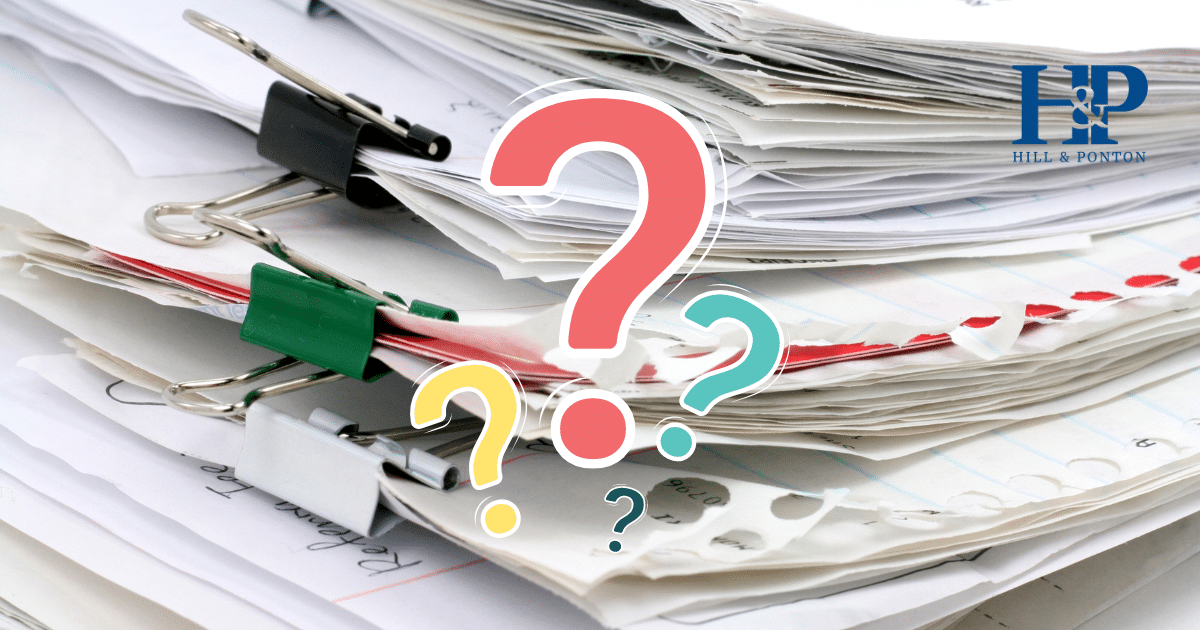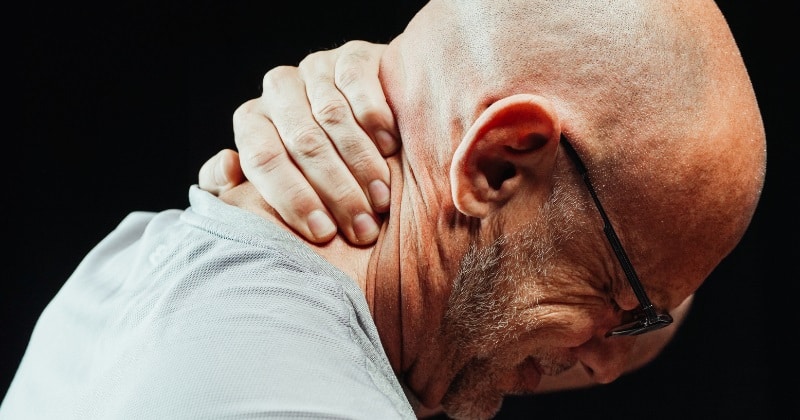Losing your military records can be a daunting setback, but it doesn’t mean you’re out of options. Here’s how you can recover your records or provide alternative evidence to support your VA disability claim.
How to Find Lost Military Records
The VA and other organizations provide several avenues to help you retrieve or reconstruct your service records, ensuring you have the necessary evidence to support your disability claim.
Contact the National Personnel Records Center (NPRC)
The NPRC can help you locate lost military records. To request a search, submit Standard Form 180 (SF-180) or the NA Form 13055 for reconstructing medical data.
Send the completed forms to:
National Personnel Records Center
1 Archives Dr.
St. Louis, MO 63138-1002
You can also visit the National Archives for more information on where to send your request.
Reach Out to VA
Contact VA directly as they might have access to medical records not available elsewhere. The VA is required to assist in obtaining relevant records for your claim. Your state’s Veterans Affairs office may have resources or copies of records on file. It’s worth checking with them to see if they can provide any assistance.
Using Alternative Evidence
If official records can’t be found, VA accepts alternative forms of evidence to support your claim. Here are some options:
- Buddy Statements: Fellow service members can provide statements confirming your service and the conditions you experienced.
- Personal Letters and Photos: Letters written during your service and photographs can serve as evidence.
- Medical Records: Documentation from during or immediately after your service can support your claim.
If your records were destroyed, such as in the 1973 NPRC fire, you can use the reconstruction service offered by the NPRC. This service attempts to recreate your records using other available documentation.
Organizations like the American Legion or VFW can provide guidance and assistance in recovering lost records or providing alternative evidence. They have experience dealing with these situations and can be a valuable resource.
Master the VA Disability Claims Process
Example of a Claim With No VA Medical Records
A Navy veteran claims lung cancer due to asbestos exposure on ships during the 1970s-80s. Even without official records, the claim could be successful if:
- The veteran served in the Navy during that period
- Ships of that era were known to contain asbestos
- The veteran provides a statement about shipboard service
- A family member corroborates the ship service
- The veteran has no history of smoking
- A doctor confirms no other risk factors for lung cancer
- There’s no evidence of post-service asbestos exposure
In this scenario, even without official records, the VA should grant the benefit of the doubt to the veteran. The combination of the veteran’s naval service, the common use of asbestos on ships during that period, and supporting statements from family and medical professionals creates a credible claim in the absence of contradictory evidence.
Important: You Should Still File Your Claim!
Even without complete medical records, file your VA disability claim! The VA has a duty to assist in obtaining relevant records and must consider all evidence submitted, not just official military records. Read more about VA’s Duty to Assist here. Persistence and thoroughness in gathering alternative evidence can be key to a successful claim.
In VA disability claims, the absence of evidence is not considered negative evidence. When official records are missing, veterans can still make a successful claim if they can provide alternative evidence and there’s no contradictory information.
The VA is required to give veterans the benefit of the doubt when there is:
- Credible Evidence: The veteran presents credible evidence, such as buddy statements or personal accounts of service events or health changes.
- No Contradictory Evidence: The VA has no evidence that contradicts the veteran’s claim.
Losing your military health records doesn’t have to be the end of your VA disability claim. By taking proactive steps to recover your records and providing alternative evidence, you can still build a strong case for the benefits you deserve.




